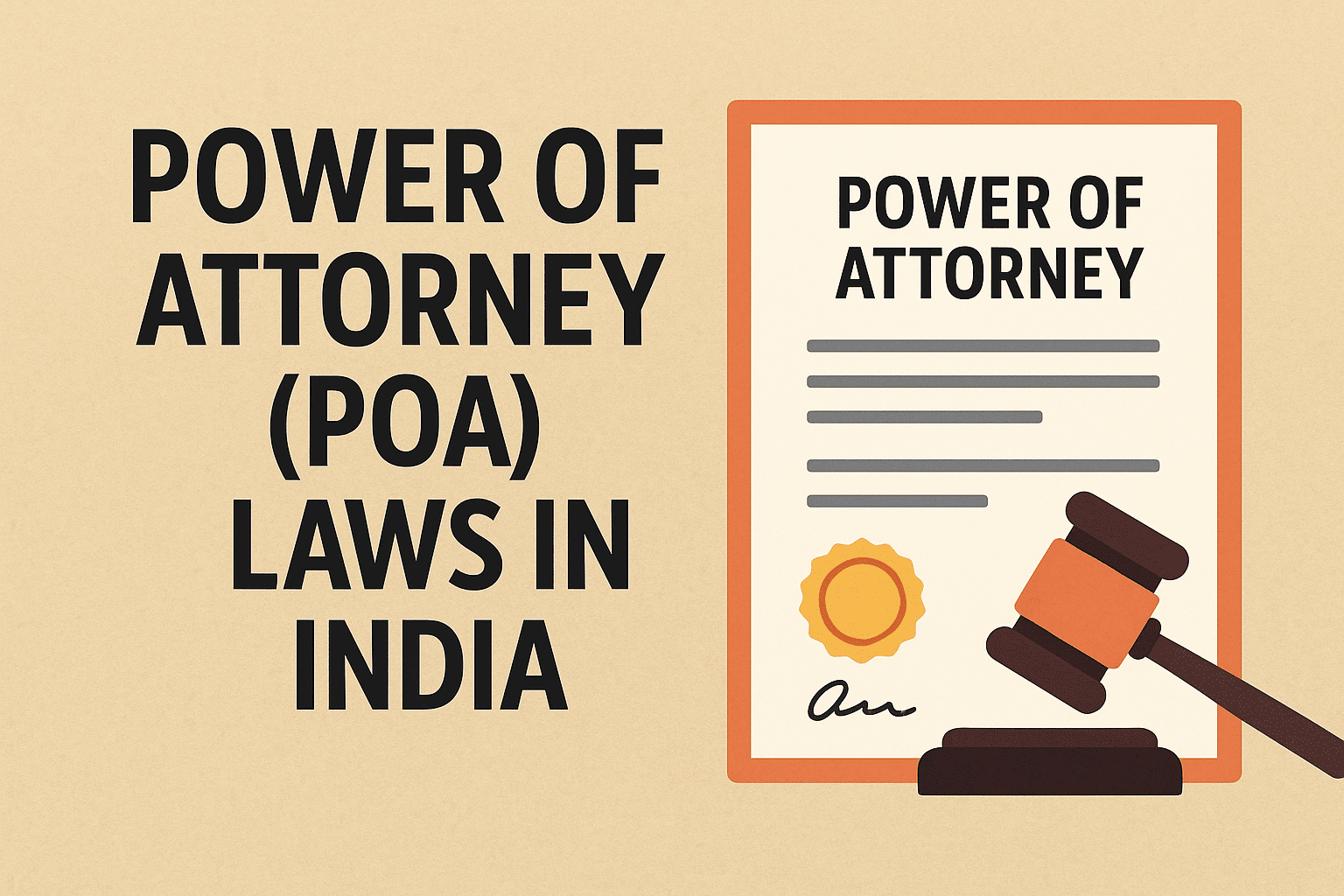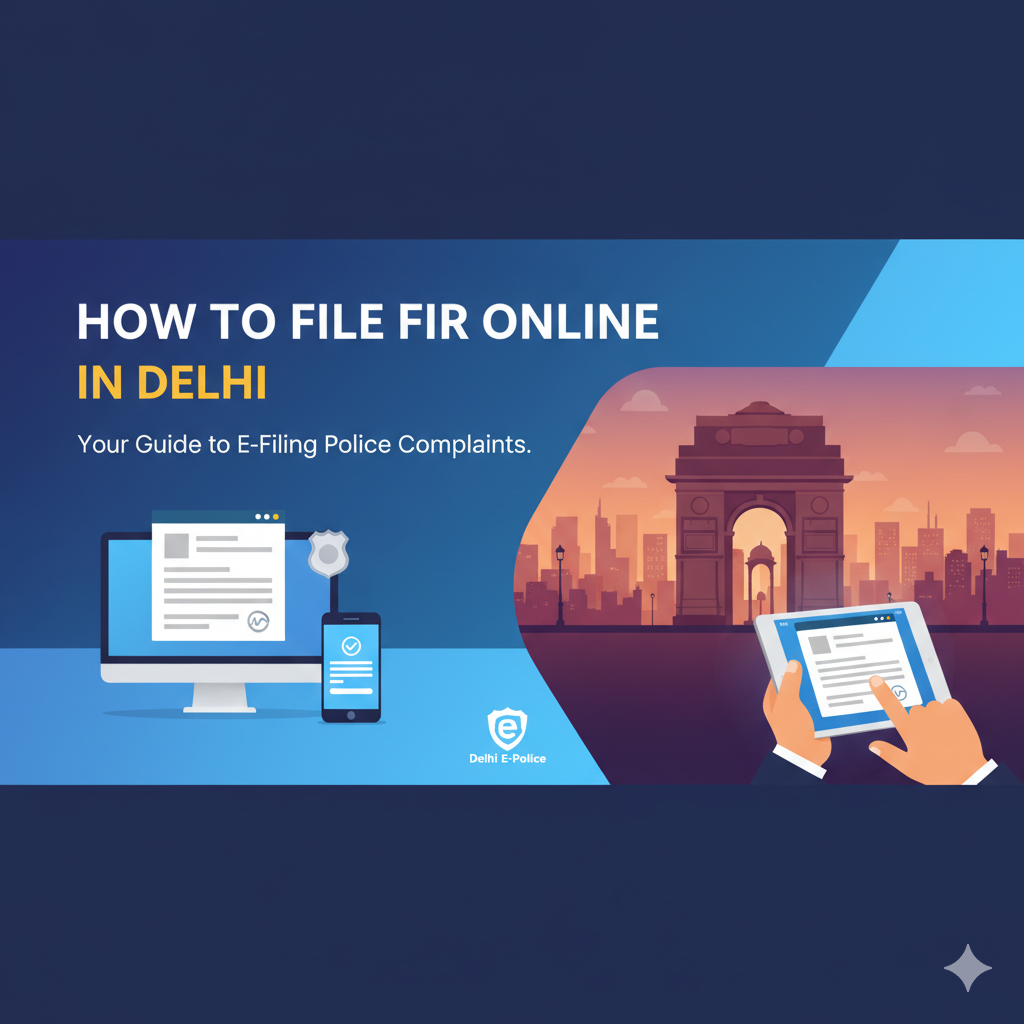Divorce is one of the most emotionally draining and legally complex experiences that a couple can go through. While it is a personal decision, divorce in India is governed by a detailed framework of family laws that vary depending on religion, culture, and specific circumstances of the parties involved. Each community follows its own set of personal laws that govern marriage, divorce, maintenance, custody, and property rights. Navigating through these intricate legal frameworks requires expertise, strategy, and sensitivity.
At Patrons Legal, our team of highly experienced divorce lawyers in Delhi specializes in handling all aspects of family and matrimonial disputes. With over 45 years of collective expertise in criminal and family law, we understand the nuances of Indian family laws and are committed to protecting our clients’ rights while ensuring fair resolutions.
In this blog, we explore in detail the role of divorce lawyers in navigating Indian family laws and why having the right legal representation makes all the difference in such sensitive matters.
Understanding Divorce under Indian Family Laws
Family laws in India are primarily religion-specific, meaning divorce provisions vary depending on the personal laws applicable to Hindus, Muslims, Christians, Parsis, and others. In addition, secular laws like the Special Marriage Act, 1954, apply to interfaith marriages.
-
Hindu Marriage Act, 1955 – Governs divorce among Hindus, Buddhists, Sikhs, and Jains.
-
Muslim Personal Law – Covers provisions like talaq, khula, mubarat, and dissolution of marriage under the Dissolution of Muslim Marriage Act, 1939.
-
Indian Divorce Act, 1869 – Applies to Christians in India.
-
Parsi Marriage and Divorce Act, 1936 – Applies to Parsis.
-
Special Marriage Act, 1954 – Governs marriages and divorces for interfaith couples.
Each of these legislations outlines grounds for divorce, procedures, and rights regarding custody, maintenance, and property. Given this legal diversity, a skilled divorce lawyer becomes indispensable to determine which laws apply, the remedies available, and the best approach to secure a favorable outcome.
The Complexity of Divorce Proceedings in India
Unlike popular perception, divorce in India is not a simple matter of filing papers and walking away. It involves:
-
Identifying the correct jurisdiction (family court, district court, or high court, depending on the case).
-
Determining the grounds for divorce (such as cruelty, desertion, adultery, conversion, unsoundness of mind, etc.).
-
Navigating contested vs. mutual divorce procedures.
-
Resolving ancillary issues such as child custody, alimony, division of property, and maintenance.
-
Handling cultural and family pressures, which often make the process emotionally draining.
A layperson often struggles to manage these complexities while simultaneously coping with emotional stress. This is where Patrons Legal’s divorce lawyers step in with their deep legal knowledge and practical strategies to ensure justice is done while minimizing trauma for the parties.
The Role of Divorce Lawyers in the Indian Context
a) Legal Guidance on Rights and Options
Most individuals entering a divorce proceeding are not fully aware of their legal rights and obligations. Divorce lawyers play an essential role in explaining:
-
Grounds for divorce under applicable personal law.
-
Rights to maintenance and alimony.
-
Custody and guardianship rights under the Guardians and Wards Act, 1890 and relevant personal laws.
-
Rights over shared property and stridhan.
-
Protection against domestic violence under the Protection of Women from Domestic Violence Act, 2005.
At Patrons Legal, our expert family lawyers ensure clients understand every legal remedy available, empowering them to make informed decisions.
b) Drafting and Filing Petitions
The divorce process formally begins with the filing of a petition before the family court. Drafting this petition requires precision, legal clarity, and alignment with statutory requirements. Our lawyers:
-
Draft petitions that highlight the legal grounds.
-
Ensure filing in the correct jurisdiction.
-
Collect and present supporting evidence systematically.
-
Minimize procedural delays by adhering strictly to filing protocols.
c) Representation in Court
Court proceedings are often intimidating for individuals who have never experienced litigation before. Divorce lawyers act as advocates and representatives of their clients:
-
Presenting arguments and evidence persuasively.
-
Cross-examining witnesses where necessary.
-
Negotiating settlements with the opposing counsel.
-
Ensuring the client’s voice is heard, even in highly adversarial settings.
With Patrons Legal’s extensive litigation experience across Delhi’s family courts, district courts, and the Delhi High Court, clients are assured of robust representation at every stage.
d) Mediation and Alternative Dispute Resolution
Indian courts often encourage mediation in divorce cases to reduce hostility and promote amicable settlements. Skilled divorce lawyers facilitate these negotiations, ensuring that settlements are fair and legally enforceable. Our team at Patrons Legal regularly assists clients in resolving matters such as:
-
Mutually agreed custody arrangements.
-
Division of assets without prolonged disputes.
-
Fixing alimony and maintenance through negotiation rather than litigation.
This not only saves time and money but also reduces emotional stress for families.
e) Protection of Women’s Rights
One of the most sensitive aspects of divorce in India is ensuring the protection of women’s rights, as women are often financially or socially disadvantaged. Divorce lawyers play a critical role in:
-
Securing maintenance and alimony under Section 24 and Section 25 of the Hindu Marriage Act, 1955.
-
Protecting the right to reside in the matrimonial home.
-
Ensuring recovery of stridhan (jewelry, gifts, and assets given at the time of marriage).
-
Filing complaints under the Domestic Violence Act or Section 498A IPC in cases of cruelty.
Patrons Legal has a strong track record of defending women’s rights in divorce and matrimonial disputes while also ensuring fair representation for men in cases of misuse of laws.
f) Child Custody and Visitation
Child custody disputes are often the most contentious element of divorce. Indian courts prioritize the welfare of the child over parental rights. Divorce lawyers help clients by:
-
Arguing for custody based on the child’s best interests.
-
Negotiating joint custody or visitation rights.
-
Ensuring that maintenance orders adequately cover the child’s upbringing, education, and healthcare.
Our lawyers at Patrons Legal focus on balancing legal strategy with sensitivity, keeping the child’s well-being at the center of every custody dispute.
g) Handling Inter-faith and NRI Divorce Cases
-
Interfaith divorces under the Special Marriage Act often involve additional procedural hurdles.
-
NRI divorces add further complications relating to jurisdiction, recognition of foreign decrees, and enforcement of maintenance orders.
Patrons Legal’s expertise extends to these complex cases, providing clients with seamless legal strategies across borders.
Why Patrons Legal Stands Out in Divorce Litigation
There are countless law firms and individual lawyers in Delhi, but Patrons Legal has built a reputation as one of the most trusted names in divorce and family law. Our strengths include:
-
Over 45 years of litigation expertise in criminal and family law.
-
A team of dedicated divorce lawyers specializing in contested and mutual consent divorces.
-
Extensive experience across Delhi’s major courts, including Tis Hazari, Patiala House, Rohini, Dwarka, Karkardooma, Saket, and Delhi High Court.
-
A client-first approach, balancing legal excellence with empathy and confidentiality.
-
Proven results in securing fair settlements, protecting rights, and delivering justice.
Common Challenges in Indian Divorce Cases and How Lawyers Help
- Delay in Proceedings – Lawyers ensure procedural compliance to avoid unnecessary adjournments.
- False Allegations – Skilled defense strategies protect clients from misuse of laws like Section 498A IPC.
- Social and Cultural Pressures – Lawyers provide objective advice free from societal bias.
- Emotional Turmoil – By handling legal complexities, lawyers allow clients to focus on personal healing.
- Financial Disputes – Lawyers negotiate alimony and property settlements with a fair and legal approach.
The Future of Divorce Laws in India
With evolving societal norms, Indian divorce laws are gradually shifting toward gender neutrality, speedy justice, and child-focused solutions. The introduction of online filing systems, greater emphasis on mediation, and judicial recognition of changing family structures will redefine divorce proceedings in the years ahead.
Divorce lawyers will continue to play a pivotal role in helping individuals adapt to these changes and ensure their rights remain protected.
Conclusion
Divorce is not just a legal process; it is a life transition that requires both emotional strength and professional guidance. At Patrons Legal, we believe in combining legal excellence with compassion. Our team of seasoned divorce lawyers in Delhi is committed to standing by clients at every step — from consultation to final judgment — ensuring their rights are safeguarded, their dignity preserved, and their future secured.
If you are considering divorce or facing challenges in a matrimonial dispute, reach out to our experienced divorce lawyers today for expert legal advice and representation.








Leave a Reply